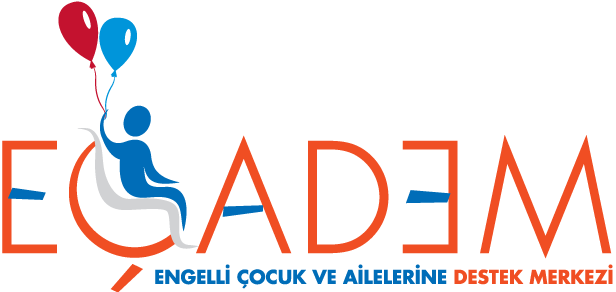Do you suddenly feel empty, or dizzy and have a bad feeling? Does your heart begin to beat faster, your hands begin to shake, or do you feel slightly nauseous or sore? If the answer is yes, if these feelings sound familiar to you, you may be having a panic attack and you should consider looking into a service mentioned in this article. What is a “panic attack” scientifically?
WHAT IS PANIC ATTACK?
A panic attack, which has become a term that is used frequently in our daily lives, is actually a concept that has an important place in psychology. Panic disorder, on the other hand, can be described as the regular repetition of panic attacks. Almost everyone has experienced a panic attack in their lifetime. However, in order to say that there is a panic ‘disorder’ situation, we should be able to see that panic ‘attacks’ have negatively restricted the person while carrying out his/her daily life.
WHAT ARE PANIC ATTACK SYMPTOMS?
Common symptoms of panic attack are: rapid heart palpitations, feelings of anxiety or excitement, feeling like you are falling into a void, feelings of tightness in the chest, inability to breathe or an increase in breathing speed, difficulty in swallowing and loss of appetite. Some related problems include tingling or numbness in any part of the body, feeling detached from reality, feeling detached from oneself, depression and feeling like you are going to go crazy, or feeling faint.
How many of these symptoms are experienced and their severity and duration may vary from person to person. Although a panic attack is not a life-threatening condition, it can show similar symptoms to a heart attack. Although a person who has a panic attack attends to emergency services or health institutions, in most cases there is no sign of a physiological health problem. However, since the symptoms are similar to the symptoms of a heart attack, there is no harm in attending to health institutions, depending on the severity of the situation. Until the causes are physiologically proven, there is no need for people experiencing a panic attack to go to the hospital.
WHAT CAUSES PANIC ATTACK?
Although the cause of a panic attack can vary, we can confidently point to some of the following reasons: genetic predisposition, use of certain drugs and their side effects, anatomical disorders, some hormonal disorders, smoking, alcohol and drug use, irregular diet, insomnia, caffeine use, and intense trauma.
HOW DOES PANIC DISORDER AFFECT QUALITY OF LIFE?
A person with panic disorder may experience problems such as avoiding leaving the house, fear of driving, avoiding social environments, inefficiency in business life, susceptibility to alcohol and substance use, and suicidal thoughts.
PINK ELEPHANT THINKING TECHNIQUE
This technique, which is based on the subjects we do not want to think about, or to the feelings we do not want to experience yet stubbornly occupy our thoughts and minds excessively, can be briefly described as follows;
“Now close your eyes for a few seconds and think about something. But beware, do not think of a pink elephant!”
“After a few seconds, you experienced how your mind returned to you, didn’t you? That pink elephant must be on your mind, right?” Here, panic attack is a situation that affects us more as we try not to think at this point. So how do we get rid of these attacks?
PANIC ATTACK TREATMENT
First of all, we need to accept that panic attacks are a normal situation that anyone can experience. We can all experience intense feelings of excitement from time to time. However, when these attacks come, what we should not do is to say “I will try not to think about this attack”. Rather we should think, “Yes, I have this feeling right now and I have to observe it.” While observing, the person should focus on how his or her body is reacting at that moment (for example, heart is pounding, hands are shaking, feeling a contraction in the x region of my body, etc.), and then concentrate on what thought may have passed through his mind before experiencing that moment. When panic attacks come, know that this is an opportunity to observe yourself and try to catch the thoughts that you think may cause a panic attack. You can work on panic disorder by getting help from an expert, and through these thought schemes you can more capably deal with such a situation. (In some cases, psychiatric treatment may also be required.)
